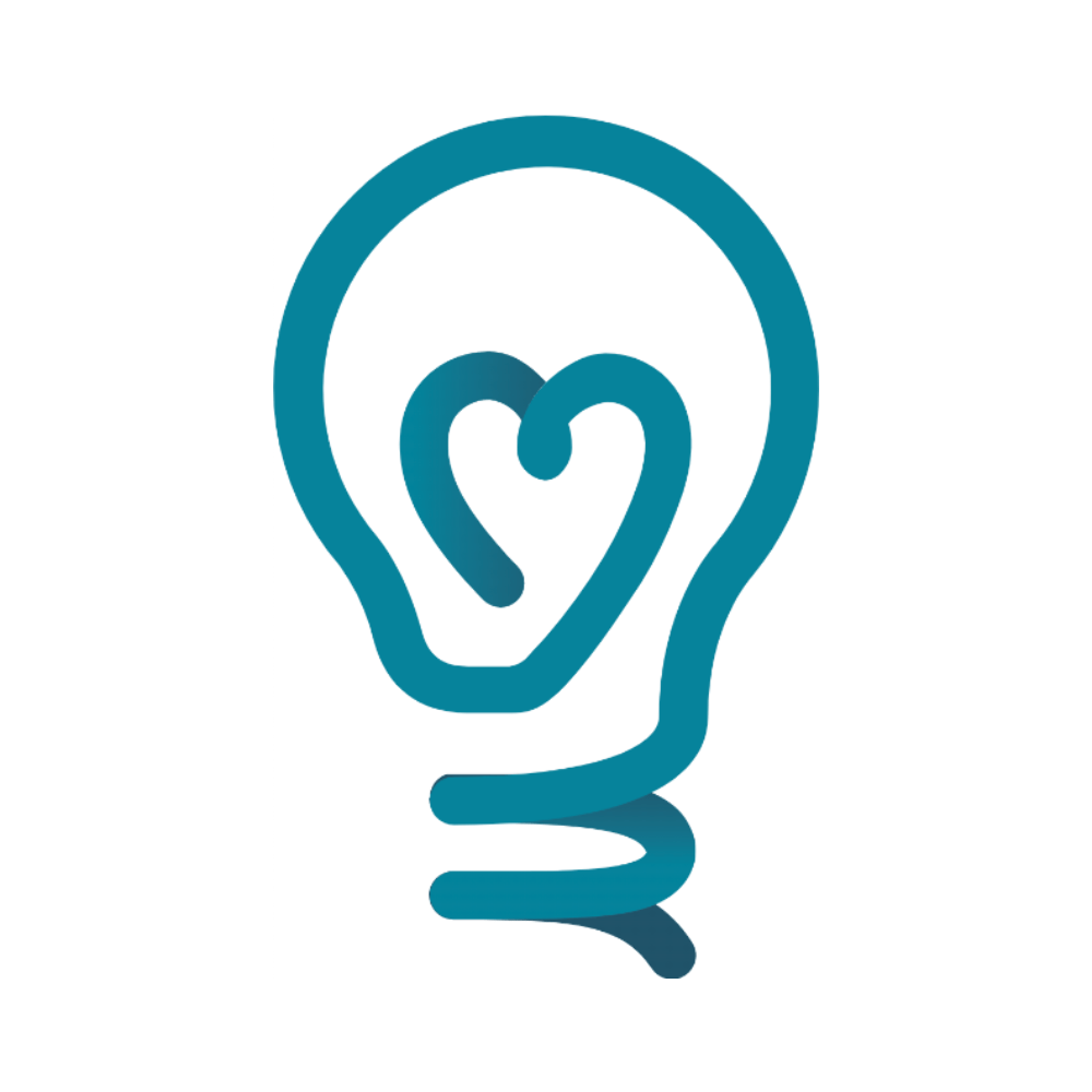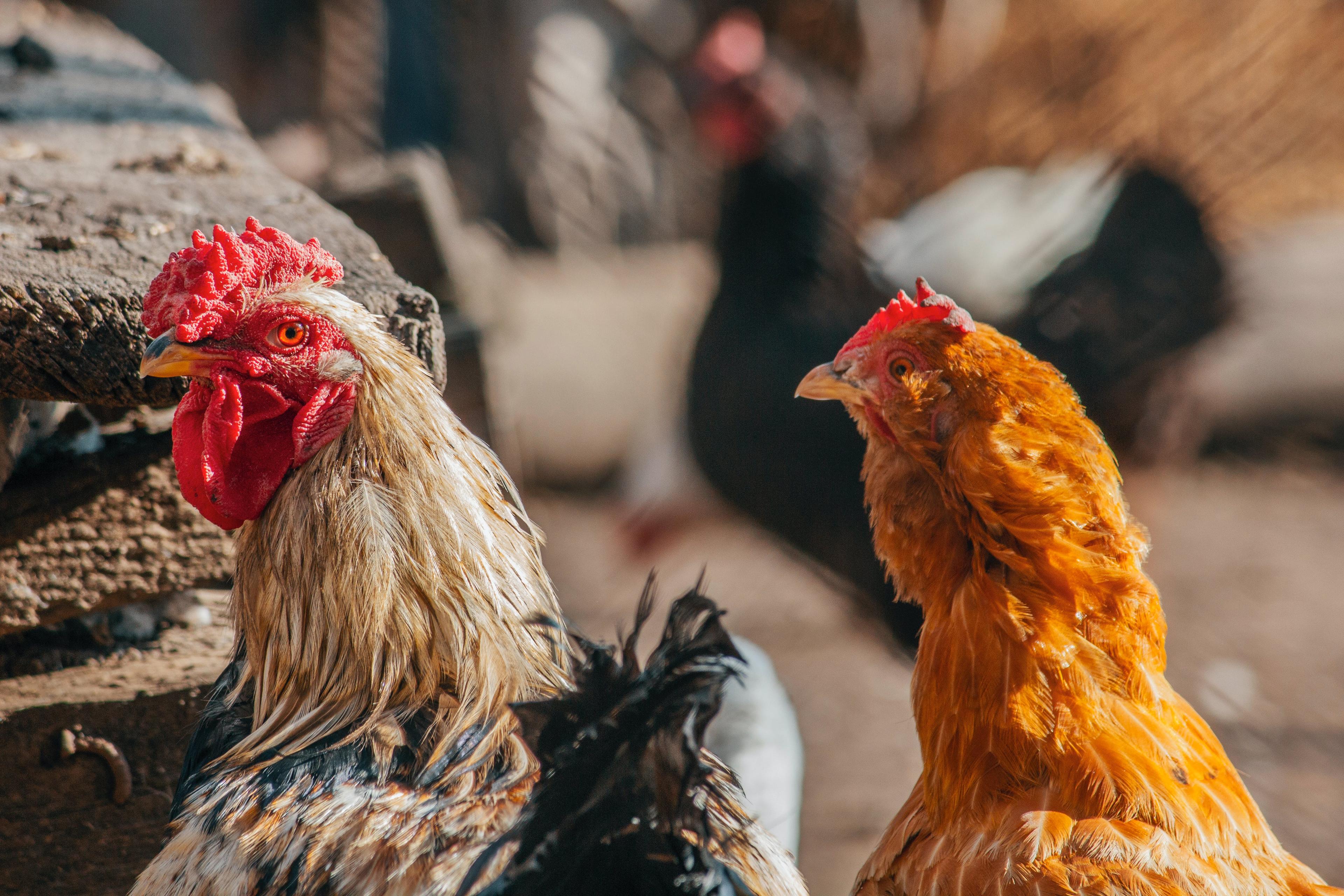
EA Funds
Animal Welfare Fund
The Animal Welfare Fund aims to improve the wellbeing of nonhuman animals by making grants that focus on one or more best-in-class opportunities.

What problem is the Animal Welfare Fund working on?
The EA Animal Welfare Fund's mission is to alleviate the suffering of non-human animals globally through effective grantmaking. Their grants portfolio prioritizes interventions that can collectively have the highest impact and help the greatest number of animals.By contributing to the Animal Welfare Fund (AWF), you'll support grants focused on:
- Reducing suffering and improving the lives of animals in factory farms
- Advancing the end of factory farming.
- Addressing other large-scale animal suffering (e.g., in the wild).
- Supporting these aims through research, meta-work, movement building and coordination, and piloting novel interventions.
More specifically, key long-term objectives we are working towards include (but are not limited to):
- End the confinement of egg-laying hens in cages globally, focusing on accelerating this transition in the Global South
- Improve the welfare of aquatic animals in the Global South by establishing and scaling on-farm welfare improvements
- End the worst forms of death for billions of animals by making effective, humane slaughter for farmed shrimp the default standard in European and U.S. supply chains
- Protect numerous and neglected species from intensive confinement systems as new forms of animal agriculture emerge
- Reduce wild animal suffering at scale by validating and implementing cost-effective interventions in urban and agricultural settings
- Improve farm animal welfare in Asia, Africa, and Latin America, where the scale of production is the largest
What projects does the Animal Welfare Fund support?
The Animal Welfare fund has shared the following about their work:
The AWF has recommended over 20 million dollars' worth of grants to a range of high-impact initiatives, including:
Establishing the field of shrimp welfare and reducing the suffering of billions
In 2019, the suffering of the world’s 440 billion shrimp was largely neglected. AWF's funding of Rethink Priorities’ cause prioritization work revealed this problem, then AWF grants launched the Shrimp Welfare Project (SWP) and other groups working on shrimp welfare. SWP improved 1.2 billion lives during their first two grant periods and secured commitments from 18 producers across the globe, helping 4 billion shrimp. Thanks to them and other advocacy groups AWF supported, nine retailers committed to humane stunning. The field transformed from nearly nothing to helping billions annually.
Driving cage-free adoption in neglected, high-producing countries
The Global South produces almost 80% of eggs globally. Yet, before 2020, only 24% of cage-free commitments were in the Global South, but after 2020, this jumped to 51%. AWF's grants helped kickstart and scale groups across Brazil, Peru, Ghana, Indonesia, Colombia and other countries, securing commitments and ensuring implementation. For example, Sinergia Animal secured over 170 commitments in Latin America and Asia, while Fórum Animal drove accountability by securing progress reports from 30 Brazilian companies. Thanks to all the groups AWF supported, millions of hens escaped confinement.
Driving policy change and legal protection for the most numerous farmed animals
Policy change establishes lasting protections for billions of animals through legally-binding standards. Organizations AWF supported secured notable victories, including Crustacean Compassion achieving legal recognition of decapod sentience in the UK, which opened doors for 8 UK retailers to commit to pre-slaughter stunning of shrimp. Meanwhile, Animal Enterprise Transparency Project engaged Slovenian policymakers, resulting in legislation requiring analgesia during piglet castration and banning hen cages nationwide, making Slovenia the 5th EU country to ban all cages for hens.
For more information about how donations are allocated, see the list of past recipients and frequently asked questions on the EA Funds website.
How does the Animal Welfare Fund work?
The AWF is dedicated to helping impact-focused donors by identifying and supporting the opportunities they’ve determined to be most effective to improve animal welfare globally.
It achieves its mission through a comprehensive strategy that includes:
Pooled Resources: They aggregate donations to create a shared fund that significantly exceeds individual donor capacity, enabling support for both smaller- and larger-scale initiatives.
Global Outreach: They actively solicit applications from organizations and individuals worldwide, ensuring a diverse range of high-impact projects for consideration.
Rigorous Evaluation: Their team conducts thorough assessments of project proposals to identify and select the most effective interventions.
Continuous Improvement: They aim to systematically evaluate the impact of our grants and adapt our grantmaking strategies to maximize our positive influence.
Strategic Collaboration: They partner with leading animal welfare organizations, researchers, and advocates to leverage collective expertise.
Transparency and Accountability: They are committed to openness in our resource allocation processes, ensuring responsible stewardship of donor funds in advancing animal welfare.
By combining these elements, the AWF strives to support transformative change in the lives of animals globally.
For more information about how donations are allocated, see the list of past recipients and frequently asked questions on the EA Funds website.
Why do we include the Animal Welfare Fund on our list of recommended programs?
We investigated the Animal Welfare Fund as part of our 2023 evaluator investigations and determined that it is a great choice for donors wishing to maximise the impact of their “dollar” in the animal welfare space. See the full report here.
At Giving What We Can, we focus on the effectiveness of an organisation's work -- what the organisation is actually doing and whether their programs are making a big difference. Some others in the charity recommendation space focus instead on the ratio of admin costs to program spending, part of what we’ve termed the “overhead myth.” See why overhead isn’t the full story and learn more about our approach to charity evaluation.